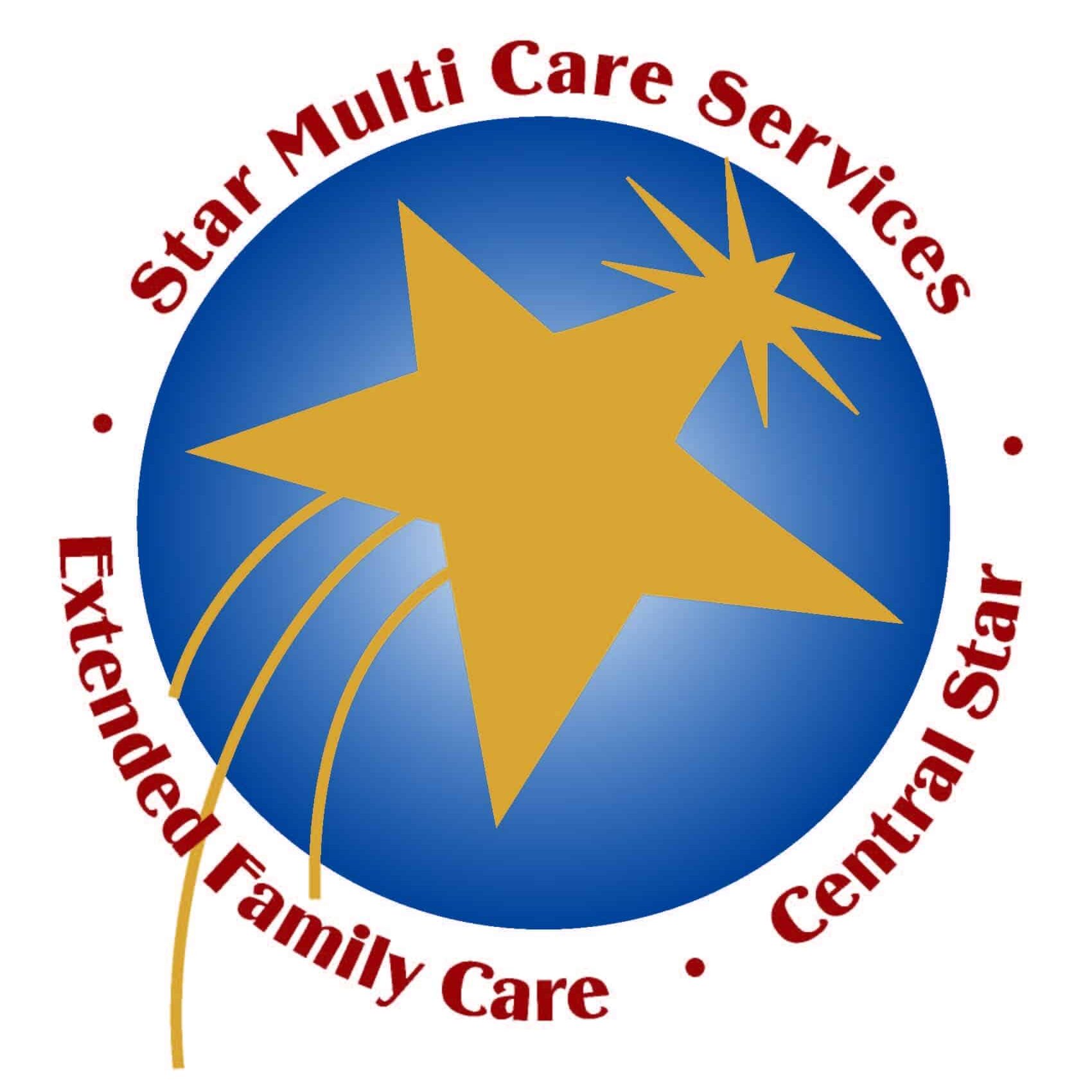Inadequate nutrition can have severe consequences for seniors. As many age, their nutritional needs change, and it can be challenging for seniors to maintain a healthy and balanced diet. Inadequate nutrition in seniors can lead to a wide range of health problems, including increased risk of illness and reduced quality of life. Home care providers help seniors have adequate nutrition and improve their quality of life.
Here are signs of inadequate nutrition in seniors:

Unintentional Weight Loss: Seniors who are not getting enough nutrients may experience a loss of appetite or have trouble eating, leading to weight loss. This can be particularly concerning for seniors who are already frail or have underlying health conditions.
General Fatigue and Weakness: Seniors who are not getting enough nutrients may experience low energy levels and muscle weakness, making it more challenging to perform daily activities.
Poor Wound Healing: Seniors who are not getting enough nutrients may have slower wound healing times, making them more susceptible to infections and other complications.
Weak Immune System: Inadequate nutrition can also weaken the immune system, making seniors more vulnerable to illnesses.
Cognitive Decline and Mood Changes: Inadequate nutrition can negatively impact cognitive function, memory, mood, as well as emotional well-being.
Digestive Issues: Failure to get enough nutrients and fluids can cause digestive problems such as constipation in seniors, affecting their overall health and well-being.
How Home Care Can Help Seniors Deal with Inadequate Nutrition
Home care can play an essential role in helping seniors who are struggling with inadequate nutrition. Here are some ways that home care can help:
Meal preparation: Caregivers prepare healthy, nutritious meals for seniors, taking into account their dietary needs and preferences. They can also assist with grocery shopping and meal planning.
Monitoring food intake: Home care can help monitor seniors’ food intake. They will ensure that they eat a balanced diet and enough food for their overall health.
Encouraging hydration: Dehydration is a common problem in seniors. Caregivers can encourage seniors to drink enough fluids throughout the day.
Providing companionship: Eating alone can be a lonely experience for seniors, which can contribute to a loss of appetite. Home care providers can provide companionship during meal times, making the experience more enjoyable and encouraging seniors to eat.
Assistance with feeding: For seniors who have difficulty feeding themselves due to physical or cognitive limitations, caregivers can help feed them or use adaptive devices to help them eat more independently.
Monitoring weight and other symptoms: Care providers can monitor seniors’ weight and other symptoms to ensure that they are getting enough nutrition and to identify any problems early on.
Collaboration with healthcare professionals: Caregivers can work with seniors’ healthcare professionals to develop and implement a nutrition plan that meets their specific needs.
Sources: https://www.ncbi.nlm.nih.gov/pmc/articles/PMC8399049/
https://www.ncbi.nlm.nih.gov/pmc/articles/PMC3396084/
https://ilaging.illinois.gov/content/dam/soi/en/web/aging/programs/nutrition/documents/nutrition-status-and-malnutrition-2021.pdf
If you or a family member need to hire Home Care Services in Rockville Center NY or the surrounding areas, contact the caring professionals at Star Multi Care Services today at (631)956-8835. We are the Right Choice for Home Health Care Services!
- How Does Hospice Care Help Aging Adults Plan for the End of Life? - April 16, 2025
- Ways a Client Advocate Can Improve Your Loved One’s Quality of Life - April 9, 2025
- Consistency is Key to Helping Your Senior Remain Independent - April 3, 2025

